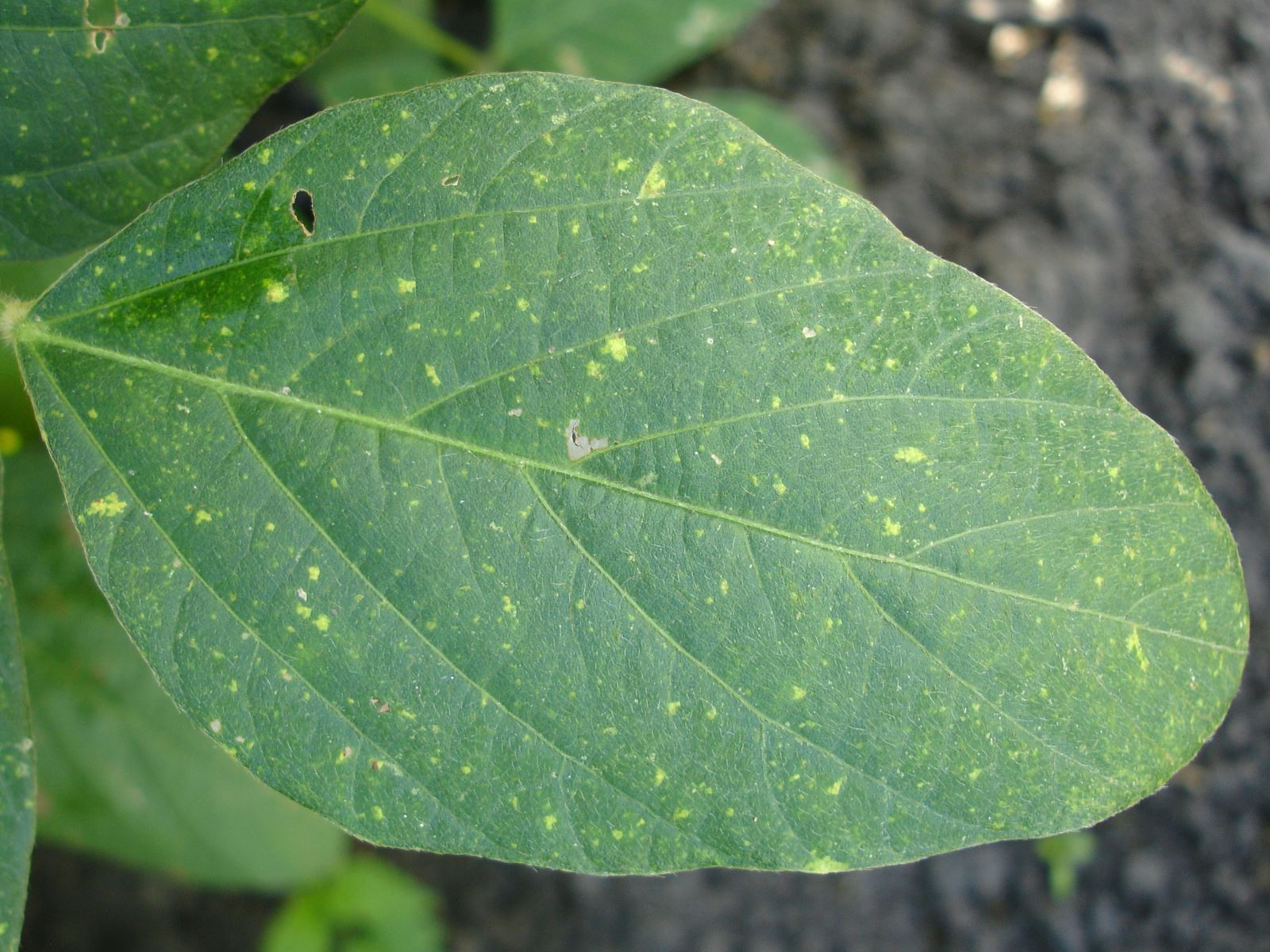Infecting plants with a disease, requires three factors: (1) a weak or eutrophic plant, (2) fungi, viral, or bacterial infection, (3) assisting environmental condition that could enhance diseases, such as high humidity or extreme dryness. When one of those three factors is missing, the plant does not get affected and stays healthy and in a good condition. Therefore, we should neutralize one of these factors as a preventive factor until the problem occurs, then the treatment begins.
One of the most important factors in planting a healthy aging plant, is choosing the healthy seeds to be planted. We should not cultivate a plant with brown or colored spots on its leaves, having rotten stems, or an insect environment. In addition to that plant being sick and will not grow well, it will also infect the rest of the healthy plants. Moreover, plant roots need to be examined as well as their crown, as these roots need to be strong and far from each other. The damaged or sick root ends the plant's life at some point, even if the crown is well.
It is also necessary to prevent insects, as they allow viruses to attack crops through the damage they make to plants. Insects are indeed contagious; as they work on spreading viruses from one plant to another. Agriculture experts recommend cleaning gardens and farms every Autumn; as diseases and pests that exist in the remains of plants, and those on the ground, can attack the new leaves and crops as soon as they are planted. The end of Winter is considered the perfect time to trim trees and shrubs, and it is certainly better than waiting until Spring, as not to allow diseases to settle inside the wounded plant's tip and transmit it to the newly-grown parts. It is also recommended to use sharp instruments to make clean trims that are capable of speed recovery, and the trimming process should deepen to reach the living tissue of the plant.
 Photo by form PxHere
Photo by form PxHere
When choosing the plant's fertilizer, quantity and suitable type should be considered. Over fertilizing could damage the roots, which limits its ability to absorb water and food. It also reflects on the plant to become more vulnerable to dryness and heat; therefore, we should first examine the soil to know how much food it needs, to avoid adding unnecessary quantities of fertilizers, or choosing unsuitable types.
It is always preferable to choose disease-resistant plants, as those genetically-modified plants; as these types are better in resisting diseases and speed recovery in the case of infection. As such, it is recommended to choose plants that are suitable to the geographical area and its climate, and also to distinguish if they are sun-loving plants or shade plants. As exposing part of shade plants to the Sun gets it infected, as it becomes under pressure and unsuitable conditions, which weakens its ability to resist and these vulnerable plants give up to the infection.
In the case of dealing with plants in containers, it is preferable not to fill the containers from the garden's or the farm's soil, as it is full of weeds, insects, and fungal infections that can easily affect plants; therefore, it is recommended to add soil mixture you can get from markets. It is light, spongy and made from dissolved organic matter. Trees must keep its leaves clean, while accumulated dust on tree leaves are harboring insects and block the light. Therefore, continual cleaning of trees by wiping it with a wet towel or lightly spraying it with water, helps in maintaining trees in a good health.
Pets are considered the enemies of indoor plants, as they might damage it, cut its leaves, or eat it; which causes damage to the plant and a possibility of the pet getting poisoned as well. Therefore, it is preferable to keep plant containers away from animals. As such, outdoor plants are not safe from animals curiosity, such as rabbits and birds. That is why, it is recommended to build a fence around the crops, or put it in high baskets, if it is applicable. There are also other methods providing sufficient protection to plants.
What is our role in maintaining plants health?
Maintaining plants health and keeping them fresh and alive, is something that needs effort and unity. Governments, however, must prevent phenomena, as deforestation, which threatens the ecological balance of the entire planet. They should instead, look for alternatives to furniture manufacturing that does not require using tree stems that we need to maintain the planet. As such, vegetative awareness has to be raised in cities and villages. In addition, individuals should plant trees and flowers in their gardens, on their roof, and inside their balconies, as plants represent life itself.
References
balconygardenweb.com
bioadvanced.com
ecowatch.com
finegardening.com
patuxentnursery.com
sciencing.com
Top Image: Photo by form PxHere
This article was first published in print in SCIplanet, Spring 2020 Issue.